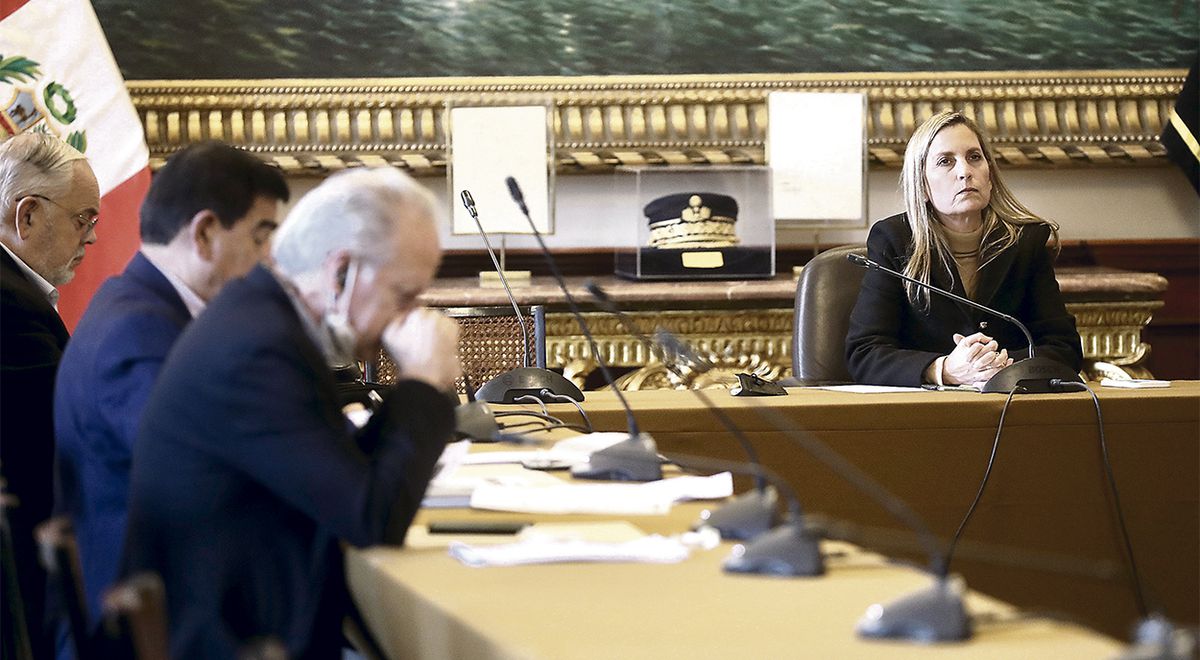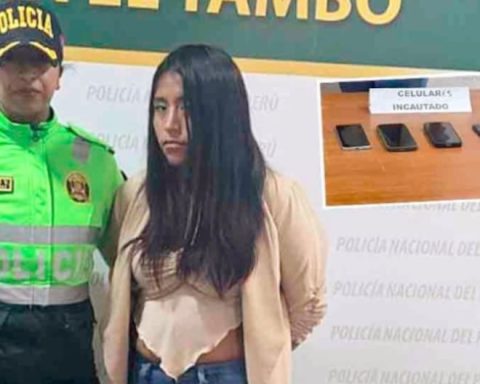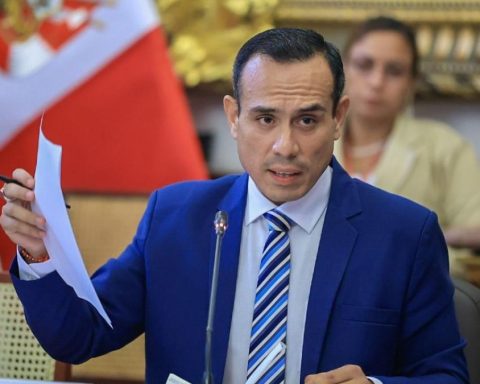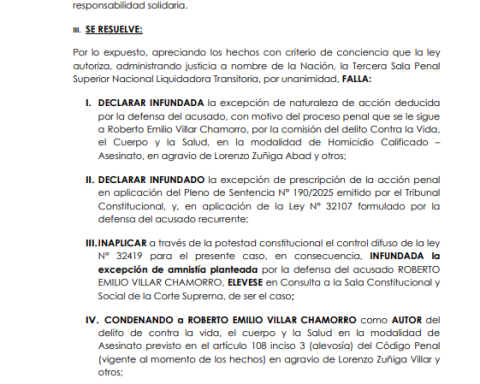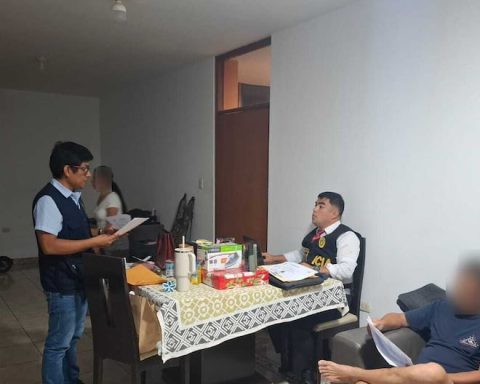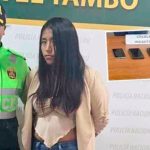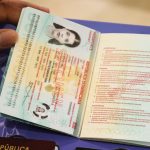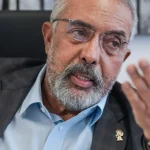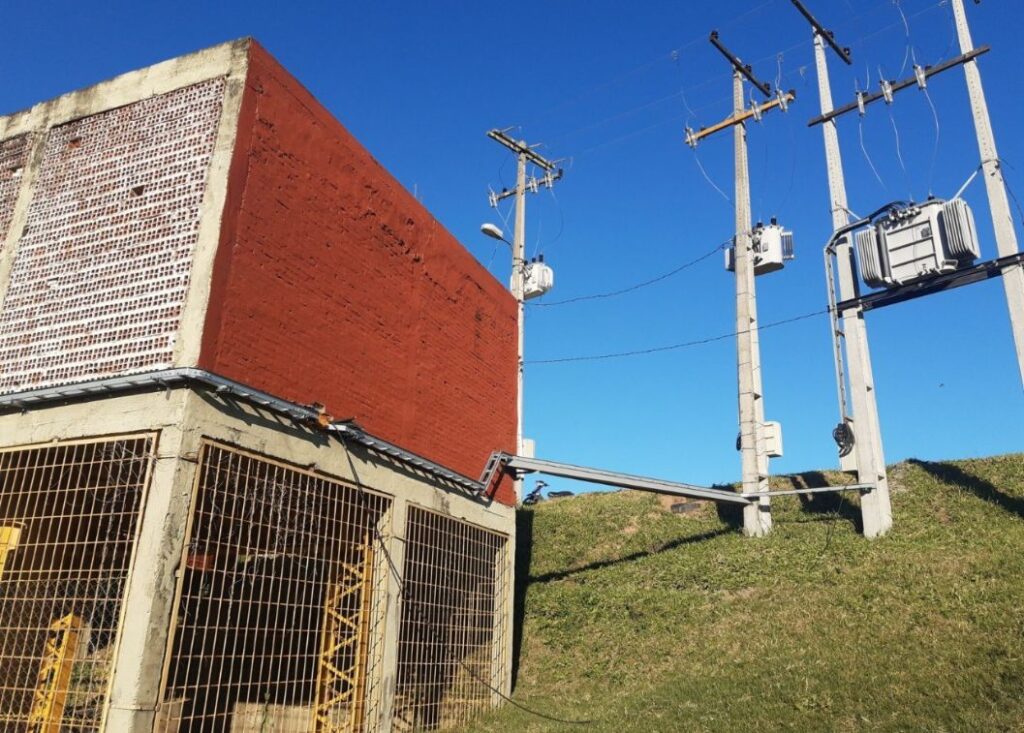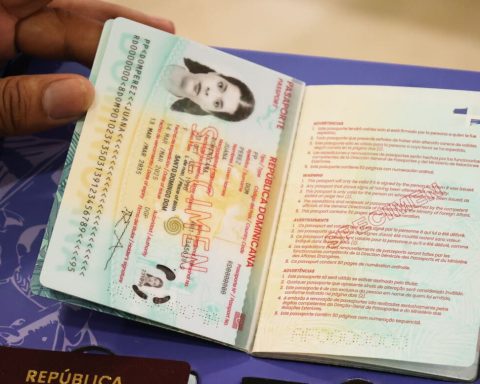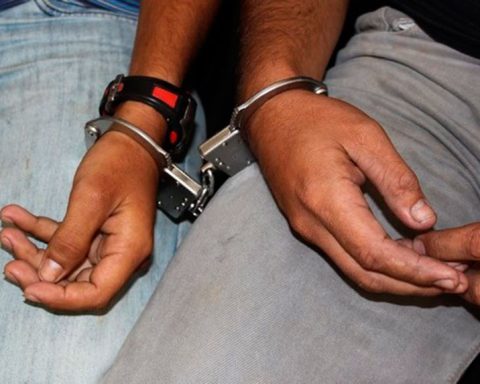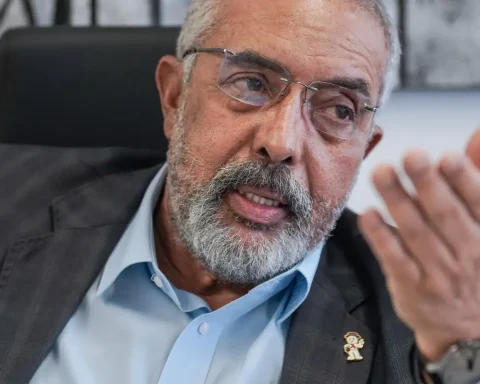The special commission of Congress in charge of the Ombudsman election agreed yesterday to nullify the process, after a constitutional judge in Lima issued a resolution ordering Maria del Carmen Alva suspend everything. The president of congress It will no longer be able to achieve its objective, like the majority of the benches, of holding an express election in the current legislature.
The decision adopted yesterday, however, is different to what the Judiciary ordered. Judge John Javier Paredes Salas had proposed the suspension of the process while an amparo action processed by the Union of the Ombudsman.
It was the fujimorista Fernando Guerra who launched a different proposal: not to comply directly with the ruling, but to deactivate the commission and start a process again, as a way of sending a message, in the sense that the Congress make your own decisions.
YOU CAN SEE: Pedro Castillo becomes investigated by the Audit Commission
“We could solve it by looking for a way out that Congress itself provides. Not that they give us and tell us how things have to be done, “ commented when formulating his proposal to start everything from scratch.
Two other proposals were discarded in yesterday’s session. Jorge Montoya (Popular Renewal) he proposed to continue with the process and not abide by the judicial resolution. “It’s something embarrassing,” he said, referring to Guerra García’s suggestion.
The fujimorista responded by saying: “I think I have enough emotional intelligence”, in clear allusion to Jorge Montoya.
YOU CAN SEE: Pedro Castillo: After an appointment with the “hundred greats”, Juan Silva met 20 times with the president
Already in the vote, the proposal of Montoya to go ahead with the election was backed only by Freddy Diaz Monago (APP). In the discussion, Wilmar Elera (We are Peru) he also pretended contempt, but then backed down.
The other proposal was Ruth Luque (CD), who proposed to abide by the court order and wait for the final decision of the Power of attorney. In the end, he withdrew this alternative and voted in favor of annulling the entire process to set up a new commission.
In good account, basically, the Congress is already complying with the court ruling, since not only did they suspend the process, but they annulled it.
YOU CAN SEE: Dina Boluarte: what does it mean to be denounced for violating the Constitution?
On the other hand, in the amparo action, the defense union has requested the annulment of the process to start a new one. The Congress yesterday ended up agreeing with this guild.
Pursuant to law, the ombudsman is elected by the Congress of the Republic. Photo: Ombudsman
standards
Mary Alva Yesterday he made an effort to repeatedly express that the process of choosing the defender was being carried out, according to her, in a transparent way and with participation.
To insist on this narrative, he allowed the technical secretary of the commission, Víctor Colina Vega, to recount the process. This congressional worker supported the alleged citizen participation in the messages left by the users of social networks in the transmissions of the sessions.
He also said that the participation could be exercised by sending messages to the emails of the congressmen.
YOU CAN SEE: Dina Boluarte: Alejandro Salas points out that a constitutional complaint would be a “political strategy”
His speech only helped to confirm that the process had been carried out without effective participation mechanisms, such as the formulation of cross-outs.
Colina also recalled the election of the former defender Walter Gutierrez and stressed that the process lies with the Congressignoring the international standards set for the election of senior magistrates, including the defense office.
Alva was also untrue when he said that all the documentation was uploaded on the Congress website. As we were able to verify, among the information shared is not, for example, the payment voucher that the invited candidate Jorge Rioja Vallejos made just on May 24 to Sunat, for a coercive debt. This was only sent, internally, to congressmen.
YOU CAN SEE: Dina Boluarte: they declare constitutional complaint against the vice president
new rules
The agreement reached yesterday by the special commission must now be ratified by the Plenary.
The next step will be to define the new commission with only 9 members. In other words, María Alva will no longer be able to cling to the “supernumerary” presidency, something that was also questioned by the union, for violating the Organic Law of the Ombudsman.
However, the law establishes a maximum of nine members in the commission. Being 11 benches, two will be discarded and this will have to be defined between Somos Perú, Perú Bicentenario, Democratic Peru and Democratic Change.
YOU CAN SEE: Dina Boluarte: Alejandro Salas points out that a constitutional complaint would be a “political strategy”
The election process that was truncated due to lack of proper transparency and citizen participation had as invited candidates Julia Príncipe, Gastón Soto Vallenas, Victor Garcia Toma, Jorge Rioja Vallejos, Miguel Soria and Ricardo Velásquez. The benches will have to decide if they are invited again.
The intervention of Union of the Defense and the order of the Judiciary left a bitter taste in the Congress. So much so that María Alva announced at the end a complaint against the constitutional judge allegedly for malfeasance.
Congressional Commission to elect the Ombudsman met this Tuesday. Photo: Congress/Twitter
YOU CAN SEE: Ombudsman: Less than 50% of missing women so far this year have been found
Minimum standards for an election
Spotlight By: Lily Ku, Defensoría union
The Ombudsman It has the constitutional duty to defend fundamental rights and supervise the fulfillment of the duties of the public administration. As it is a high position, the election must guarantee the principles of legality, meritocracy, equality, transparency and citizen participation.
Likewise, in the discussion about the candidates, criteria of integrity and ethical solvency, party autonomy and independence, training in human rights, recognized trajectory in the defense of rights and capacity for dialogue should prevail. If you do not take care that the chosen person meets these qualities, there is a risk of weakening the defense of rights and vigilance in respect of the rule of law.
It is extremely important that civil society take care of the autonomy of the Ombudsman, as it is a key part of our democratic system.
